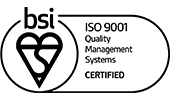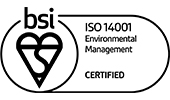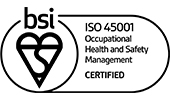Nowadays, an office is far more than just the space that your employees work in. We’ve become increasingly aware of the effect that office design has upon creativity and productivity. With this in mind, it’s easy to see why more and more employers are investing money into office fit outs. We’ve already looked at the possibilities for tax relief during a fit out, so we thought we’d turn to another crucial aspect, budgeting an office fit out.
There are going to be a number of things that affect your budget, from the number of staff you have to the technical requirements of your business. It’s vital that your budget is a realistic reflection of how much you can afford to spend on an office fit out project. Of course, there’ll be questions that only you can answer about office requirements and necessities, but what else should you consider before starting the fit out process? We look at the things you need to discuss with your fit out company in order to effectively manage your budget and expectations.
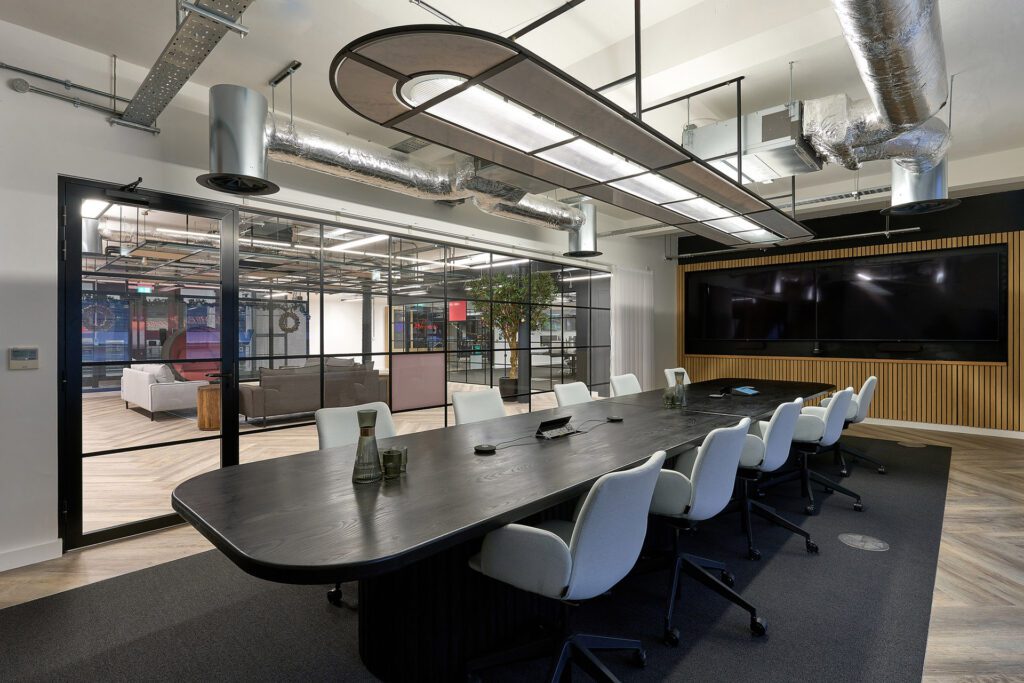
Types of fit out
The types of office fit out will vary, as will the price. Some projects will be purely cosmetic, while others will be more complicated and could include structural changes. Even the purely cosmetic fit outs will vary in terms of final touches, quality and finishes, so it’s important that you sit down with your office fit out team and crunch some serious numbers.
There are several different types of fit out available to you, which include:
Shell and core
Typically, a shell and core development will leave all internal finishes and services for the tenant to specify and install.
CAT A fit out
This type of fit out can vary amongst different developers. In a nutshell, this will leave you with a blank canvas for interior design. It will include the essential things like lighting, raised floors, suspended ceilings and toilets. It won’t usually include space planning, furniture or finishing touches.
CAT B fit out
This type of fit out is a step up from a CAT A. It incorporates all of the features of a CAT A fit out but will also include design features that reflect the specific needs and requirements of the staff who will inhabit the space. It can include things like internal partitions, meeting rooms, office furniture and primary finishes to the interior, such as décor, flooring and artwork.
CAT A+ fit out
A CAT A+ fit out, also referred to as ‘Plug and Play’ is a ready-to-work space administered by a landlord. It blends all aspects of a CAT A fit out with the functional elements of a CAT B works, making it an excellent option for prospective tenants looking to move in without delay.
Turnkey
A turnkey project means that all elements of the fit out, from design to build, will be undertaken by a contractor.
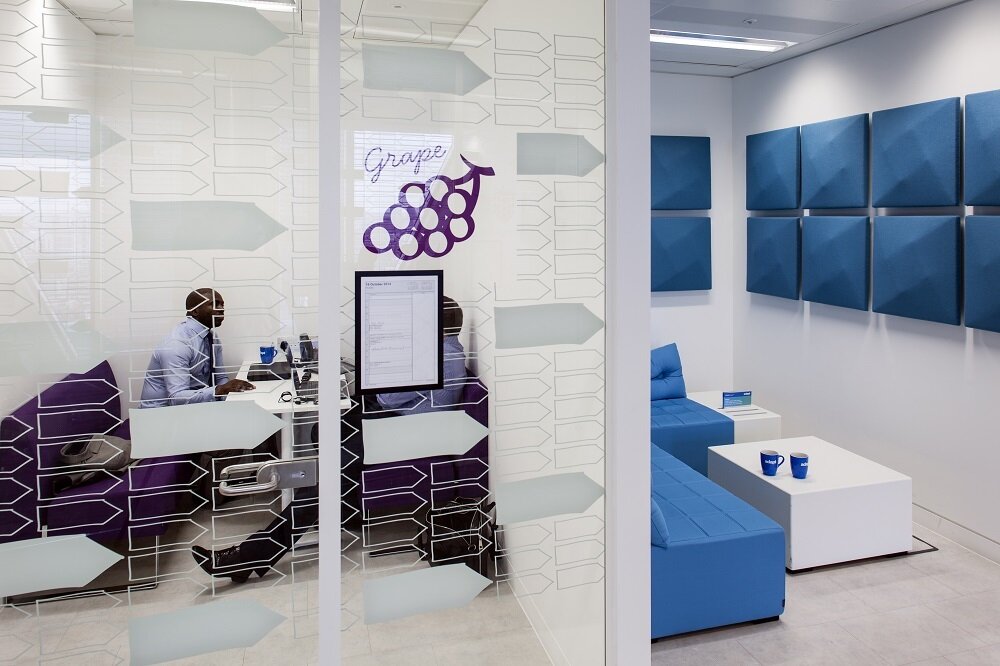
Measuring up
When you’ve decided on the type of fit out that best suits your needs and requirements, your office fit-out company can put together an approximate cost. This typically includes everything from electrical services, lighting, furniture, contractor fees and everything else. This projected cost should account for everything that will turn your empty shell into a workplace that inspires creativity and collaboration.
Often these costs are based on a per square foot basis. Understandably, the size of your office is going to have an impact on the overall cost, so make sure that you fully utilise space and know just how big an office you need. It might seem beneficial to pick a smaller office, but if your business is likely to grow within the next 5-10 years, then make sure you have an office with enough space to accommodate this. An office fit out is something that you only need to do every few years, so it’s common sense to consider company growth and reduce the risk of outgrowing your space.
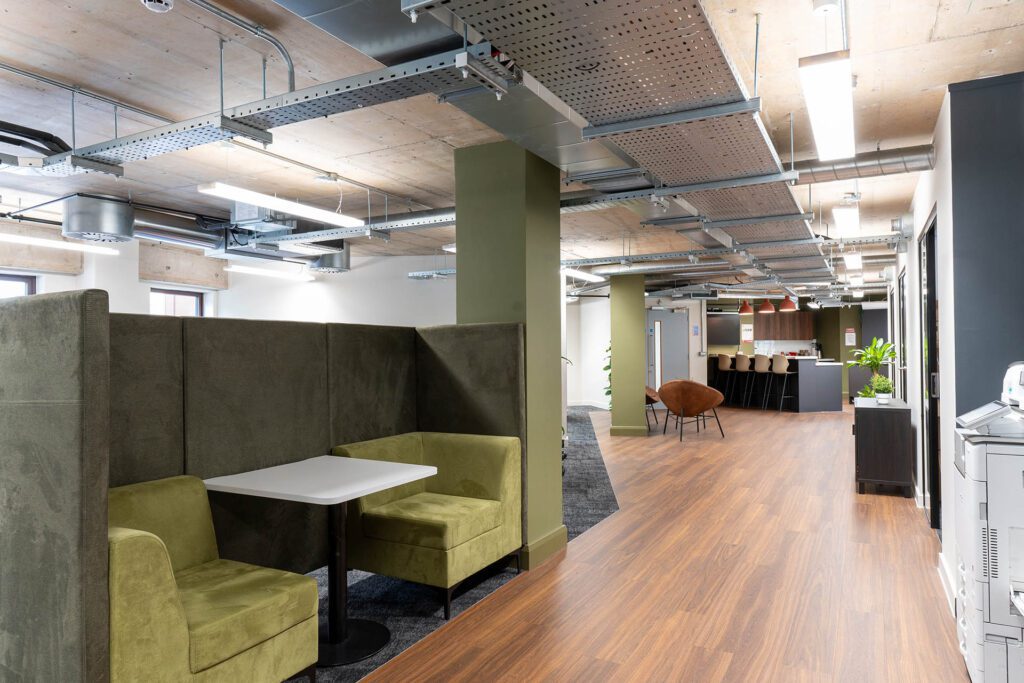
The small print
An office fit out is a huge job to undertake. Take your time so you don’t run into any nasty surprises down the line, as these can slowly eat away at your budget and add more time to the project.
When you’re signing contracts, it’s imperative that you know exactly what you’re getting for your money. Is VAT included? Will you have to pay extra for minor changes? Who is liable if the project overruns? Are all third-party costs accounted for? Consider everything carefully.
Another thing that is worth considering is what happens to your workforce when the project is underway. Will they be able to work from the premises or do you need to find an alternative location? From health and safety to minor IT issues such as no telephone lines, there will more than likely come a time when it’s simply impractical for your staff to work from the office. If you need to rent out an alternative office space for a few weeks, then this will add to the overall costs and is something you need to budget for.
Whatever type of fit out you’re budgeting for, give us a call.






